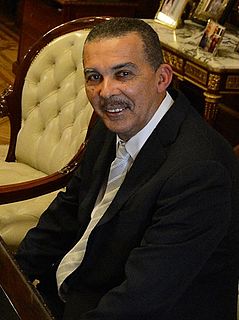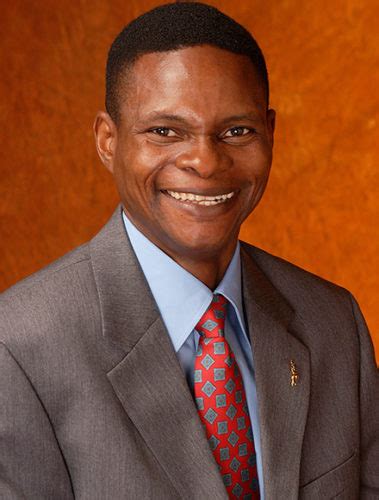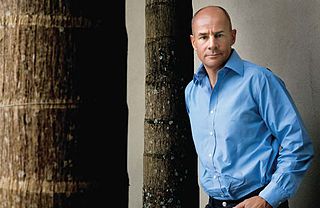A Quote by Guilherme Leal
We are working with the communities in building institutional relationships with local governments and businesses to create ways to get value from the Amazonian area in order to keep the forest as the forest. This makes sense for us from the perspective of climate change and of poverty.
Related Quotes
Inevitably they find their way into the forest. It is there that they lose and find themselves. It is there that they gain a sense of what is to be done. The forest is always large, immense, great and mysterious. No one ever gains power over the forest, but the forest posses the power to change lives and alter destinies.
I am interested in the political economy of institutional power relationships in transition. The question is one of "reconstructive" communities as a cultural, as well as a political, fact: how geographic communities are structured to move in the direction of the next vision, along with the question of how a larger system - given the power and cultural relationships - can move toward managing the connections between the developing communities. There are many, many hard questions here - including, obviously, ones related to ecological sustainability and climate change.
My sense is that the most under-appreciated-and perhaps most under-researched-linkages between forests and food security are the roles that forest-based ecosystem services play in underpinning sustainable agricultural production. Forests regulate hydrological services including the quantity, quality, and timing of water available for irrigation. Forest-based bats and bees pollinate crops. Forests mitigate impacts of climate change and extreme weather events at the landscape scale.
Lik the tree falling in the forest," says Ira. "Huh?" "You know, the old question - if a tree falls in a forest and no one's there to hear it, does it really make a sound?" Howie considers this. "Is it a pine forest, or oak?" "What's the difference?" "Oak is a much denser wood; it's more likely to be heard by someone on the freeway next to the forest where no one is.


































